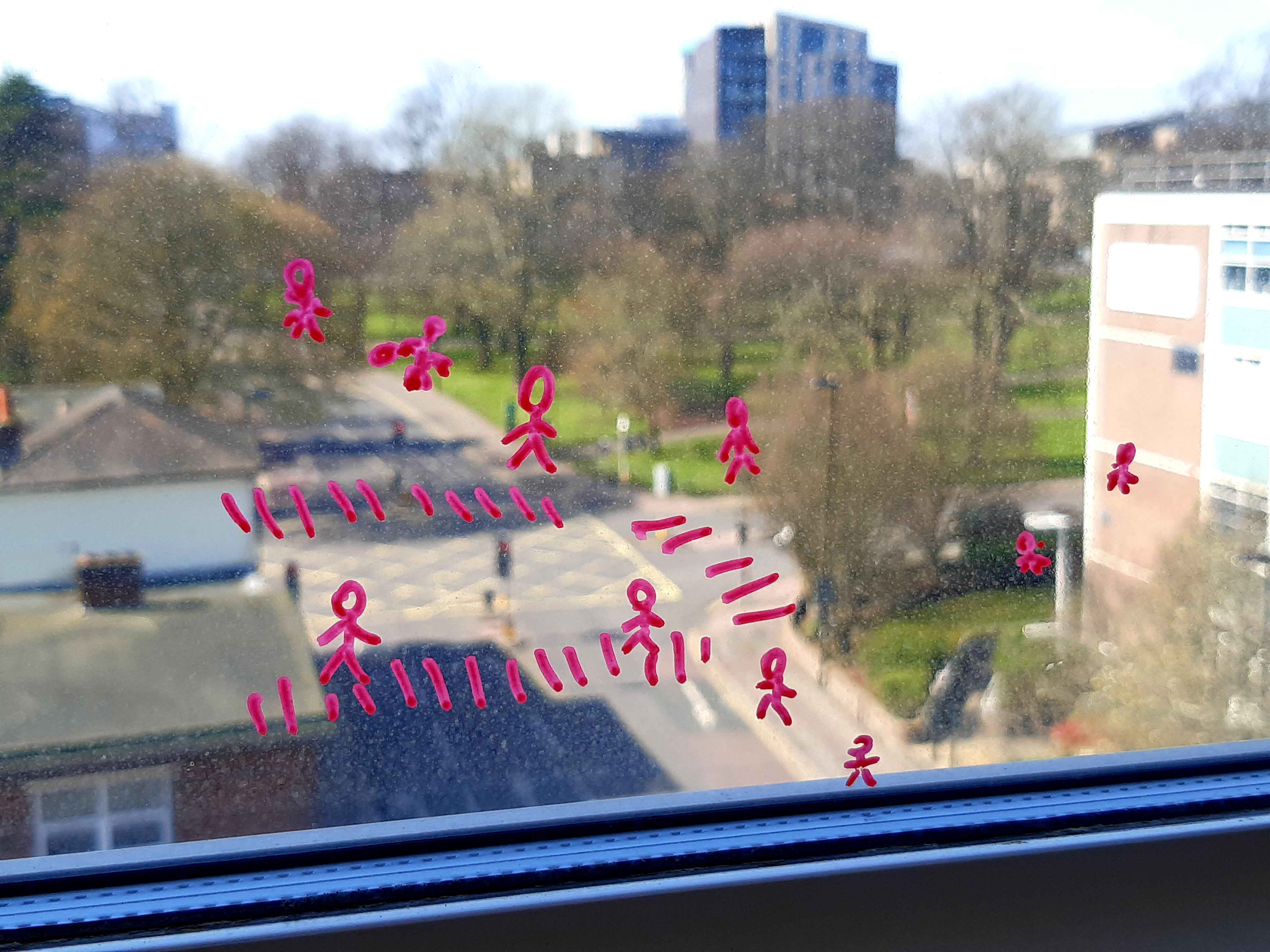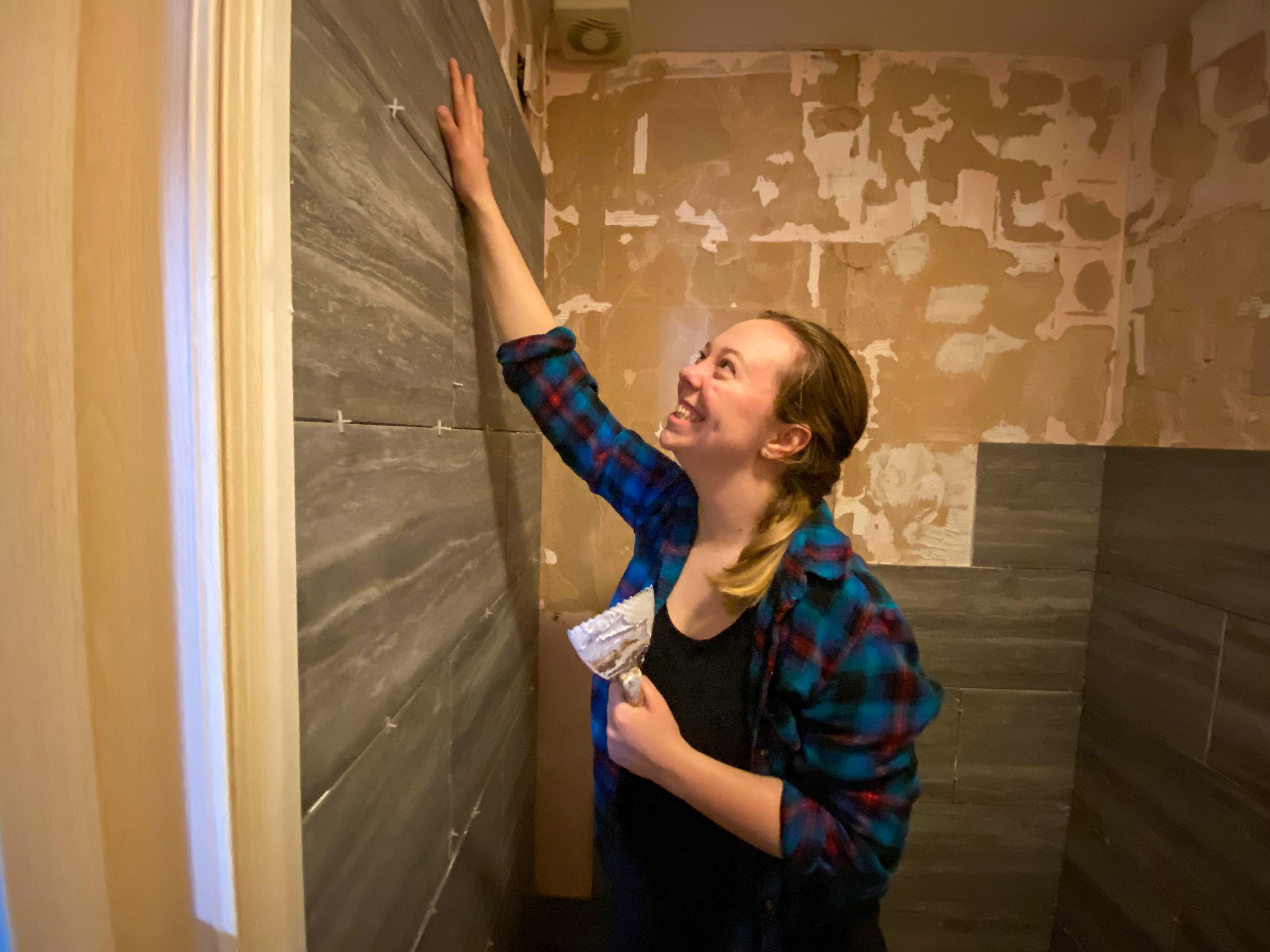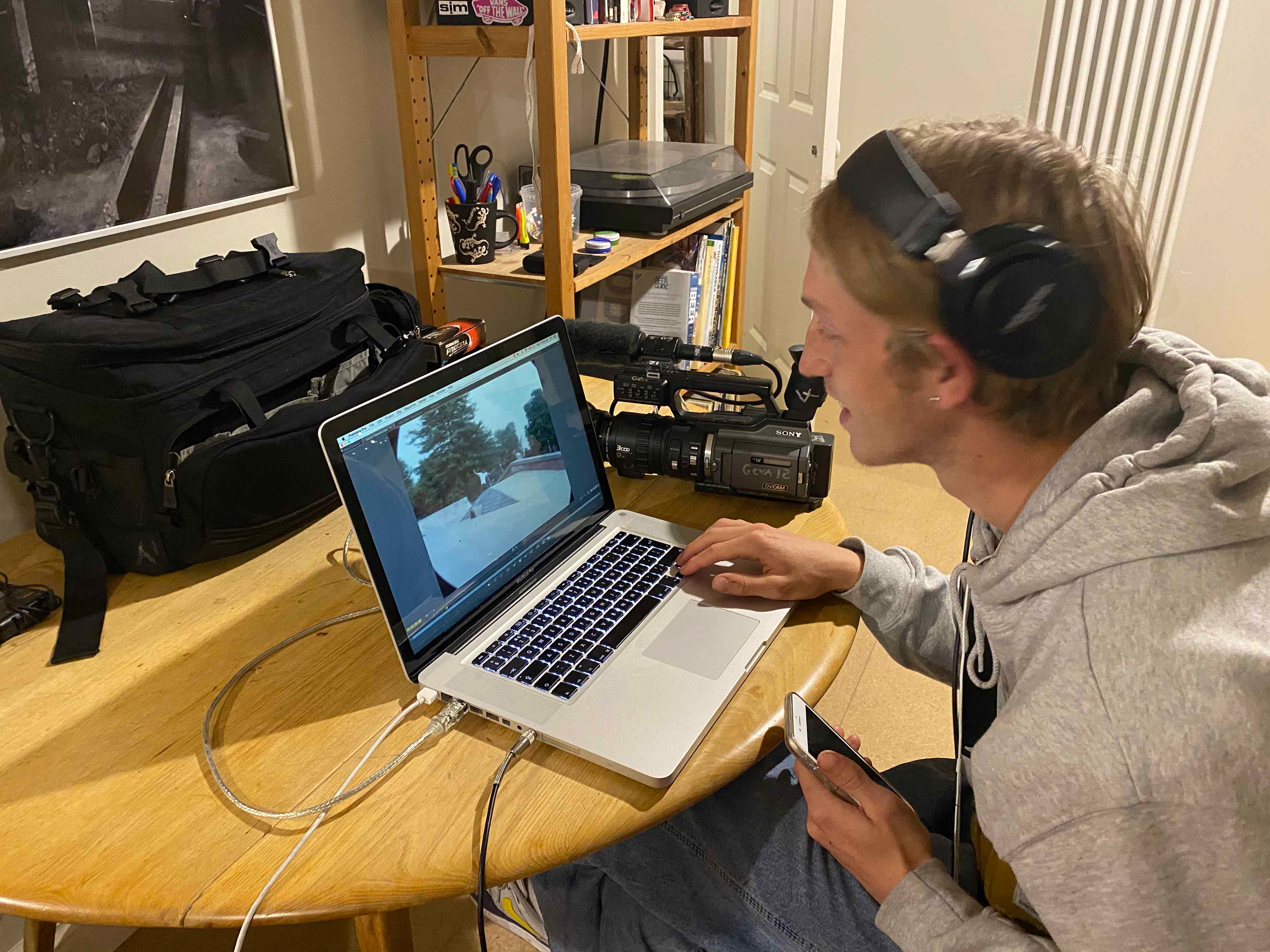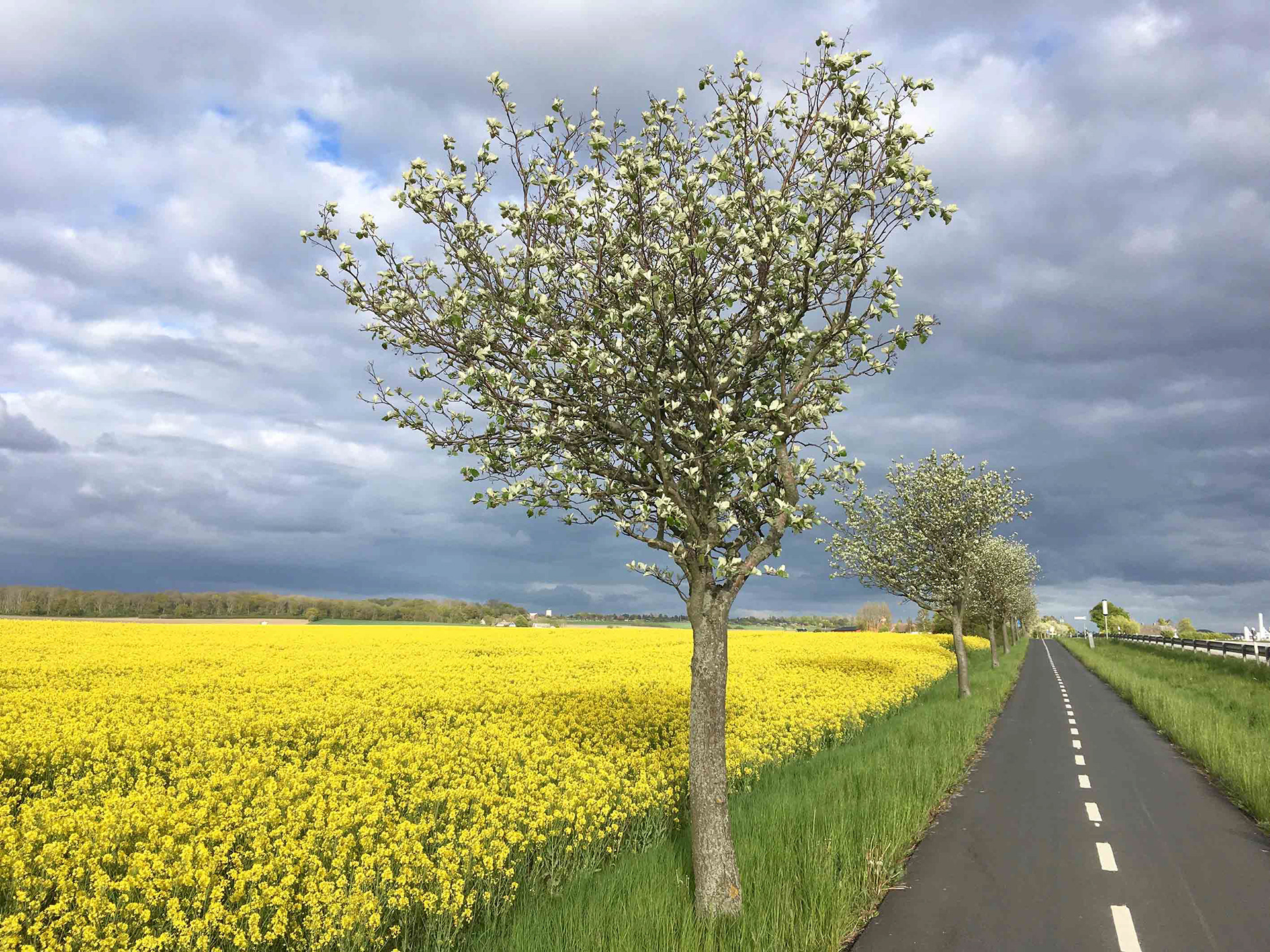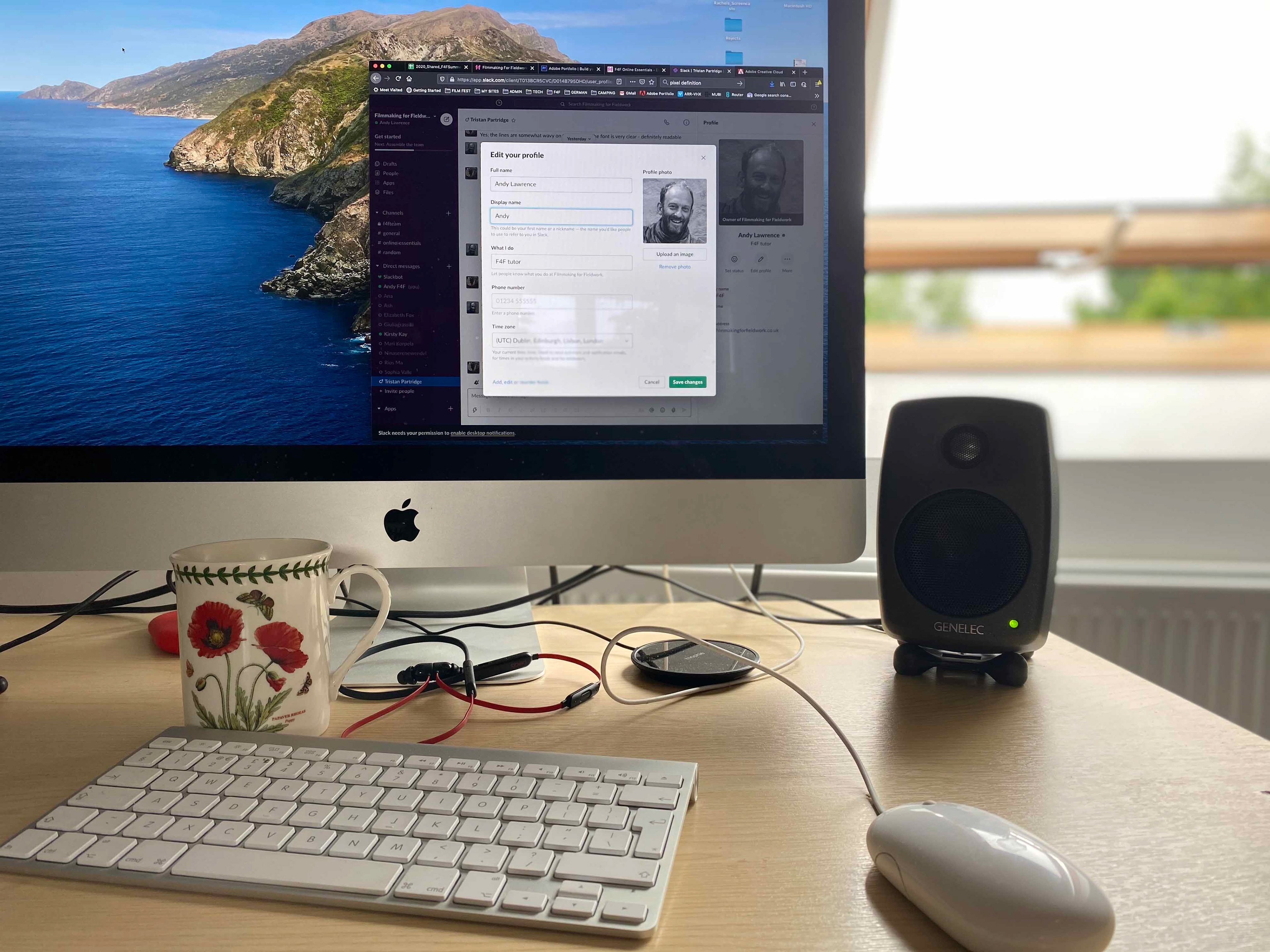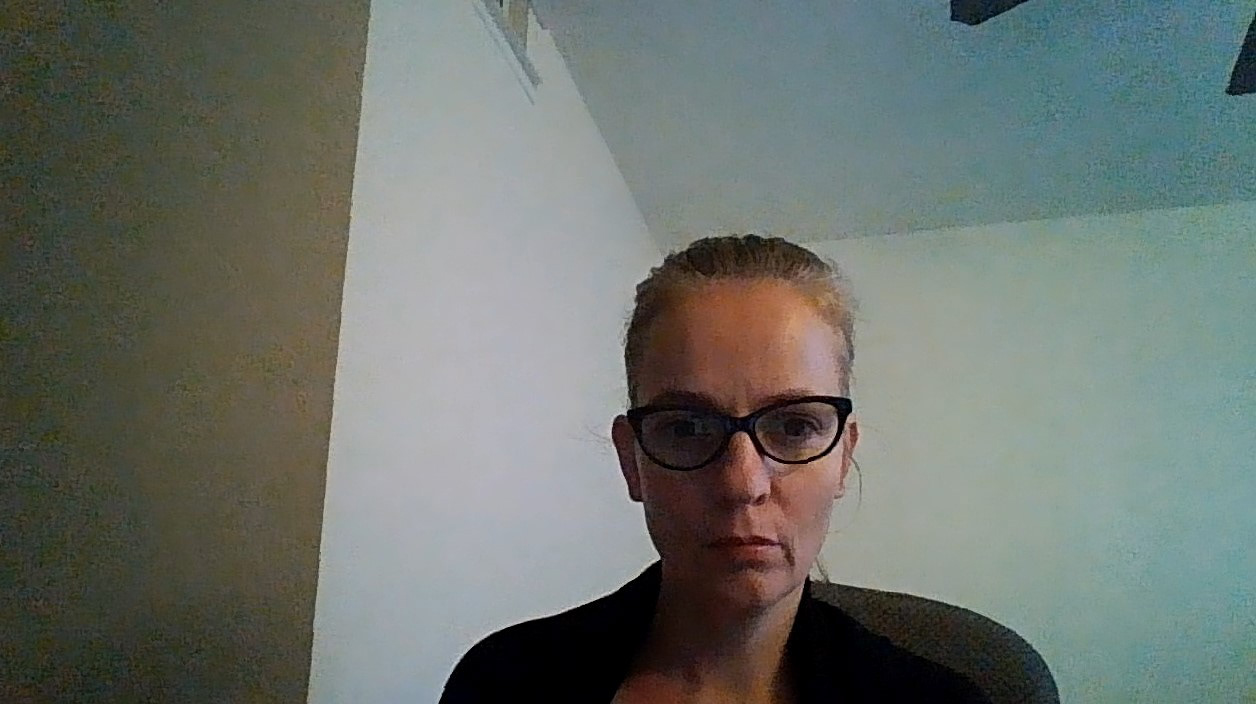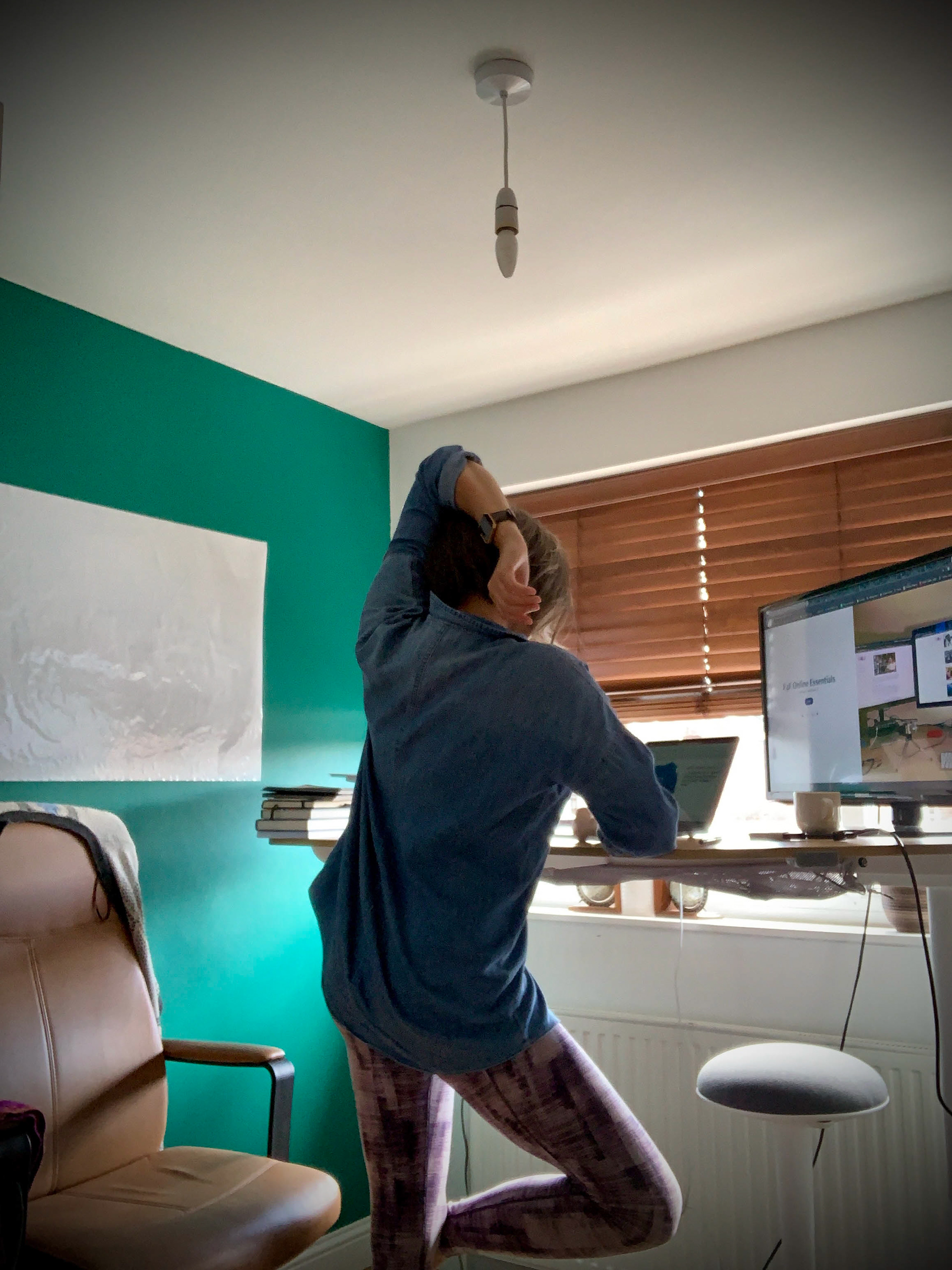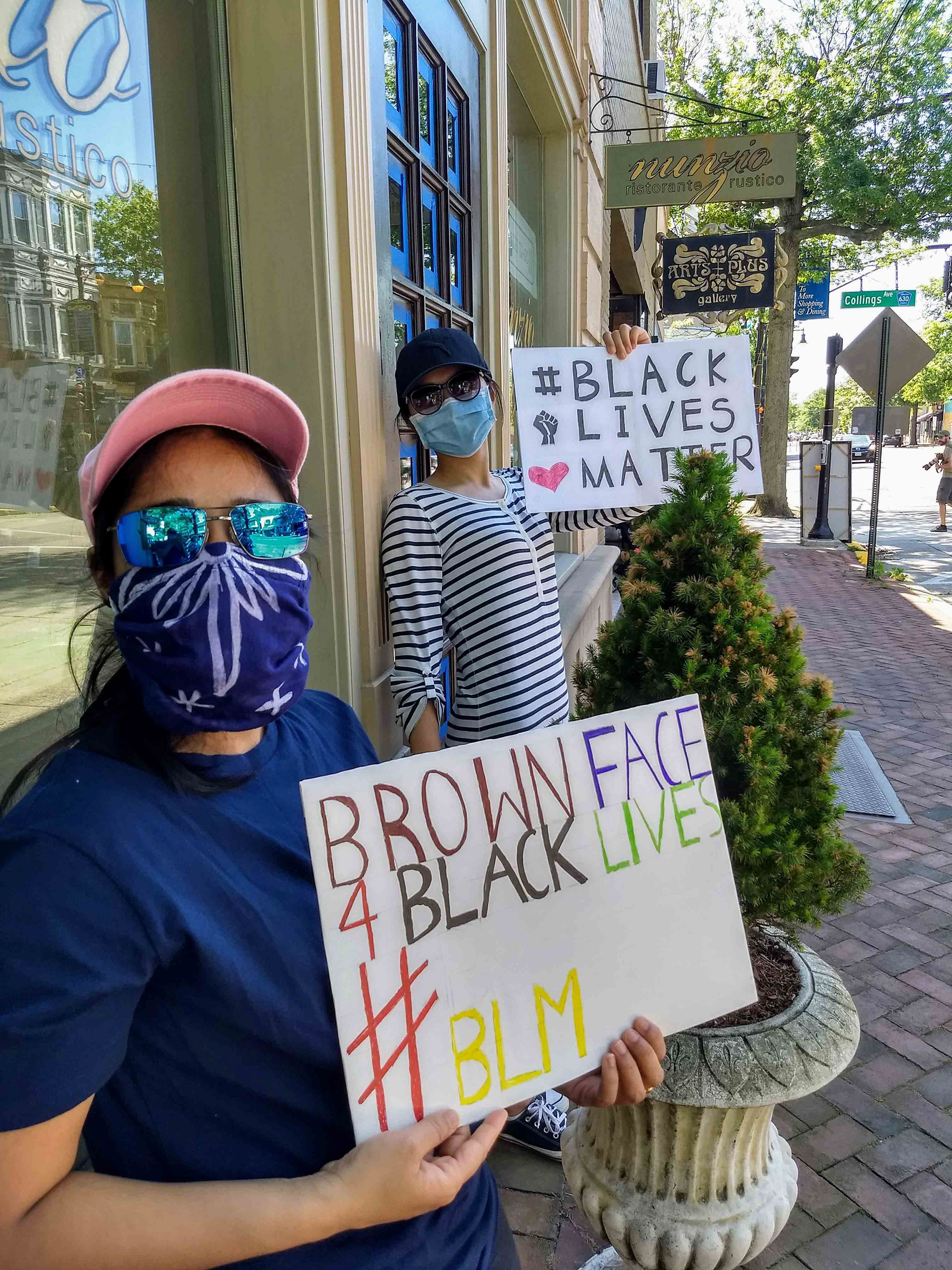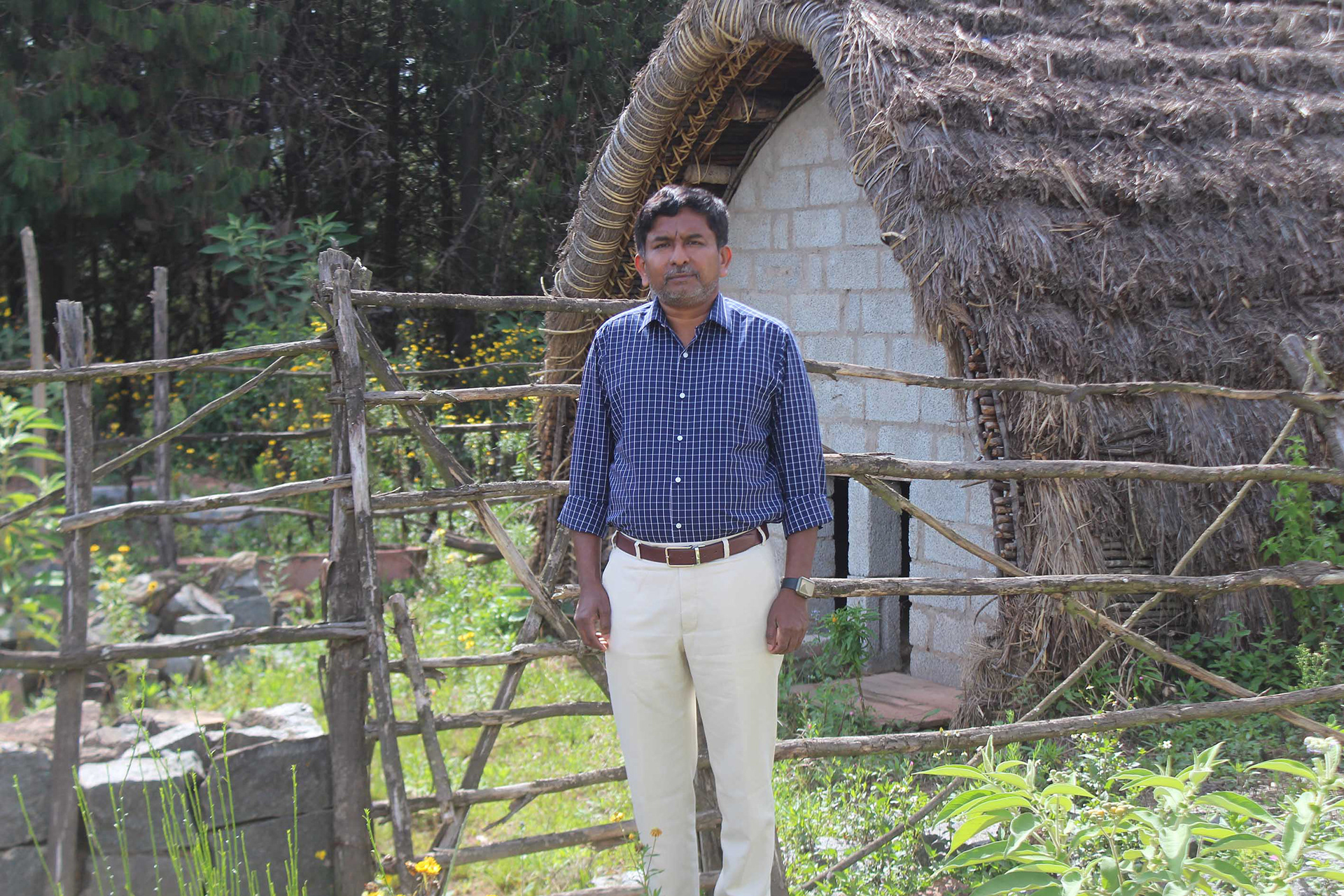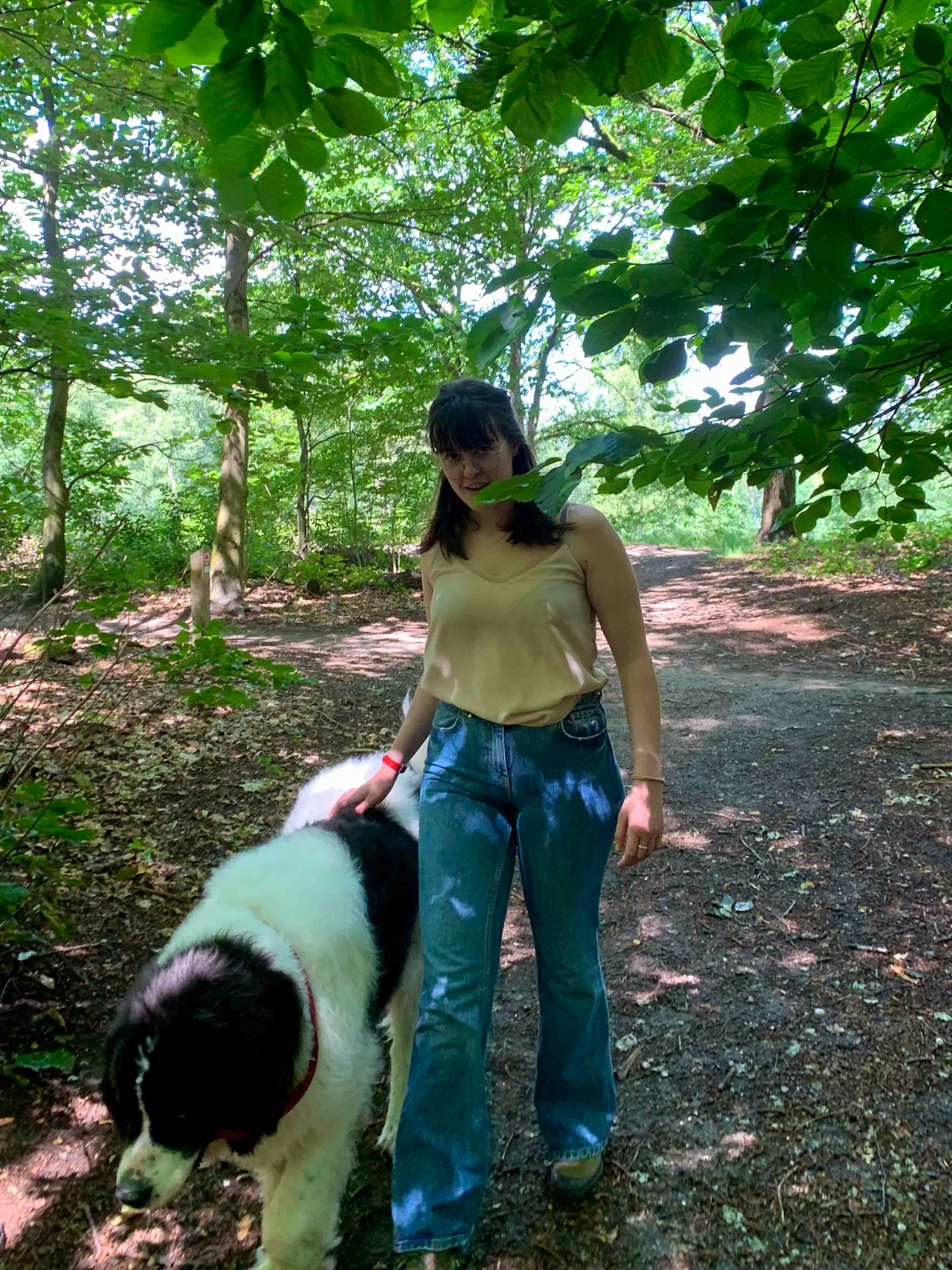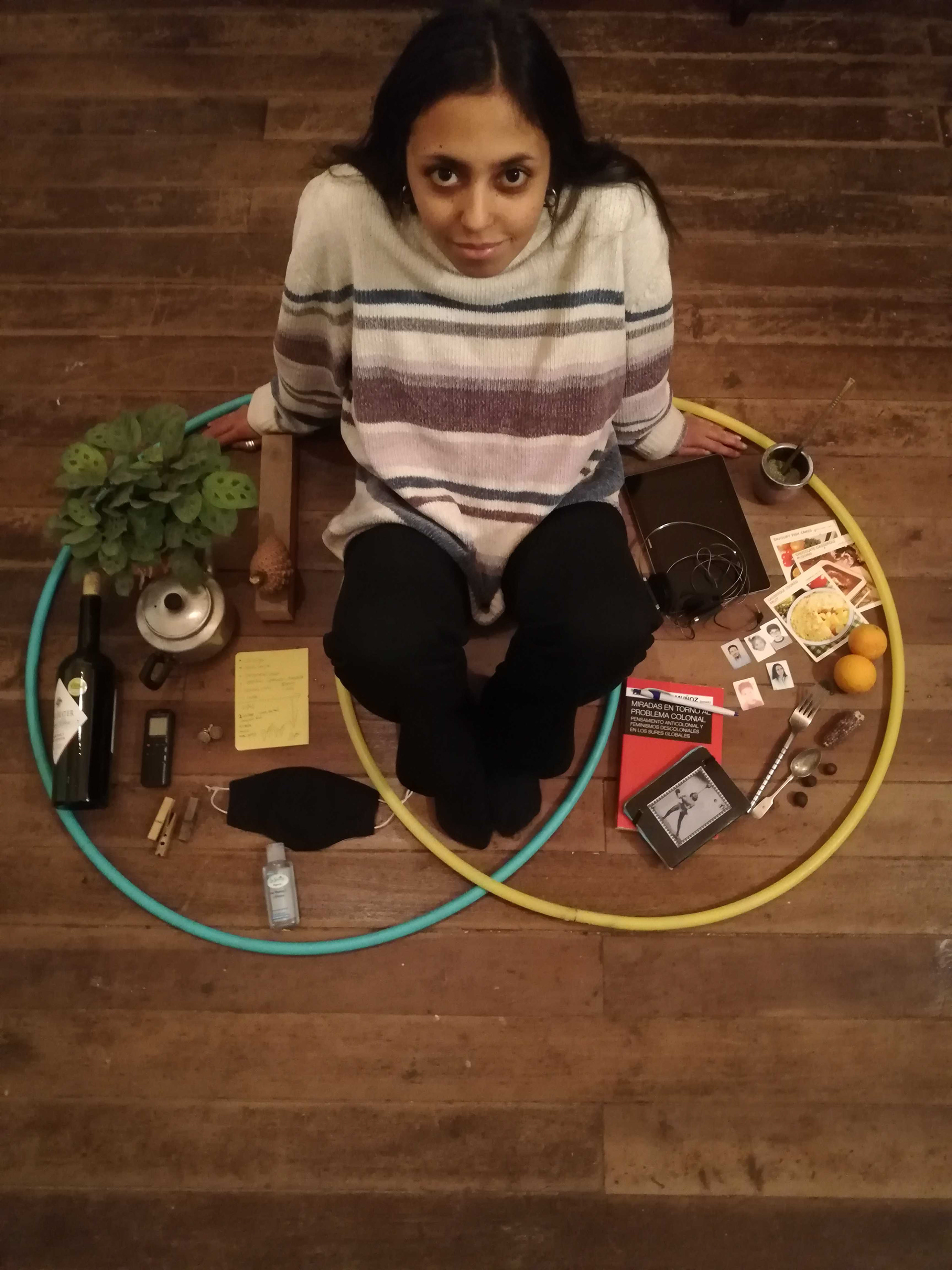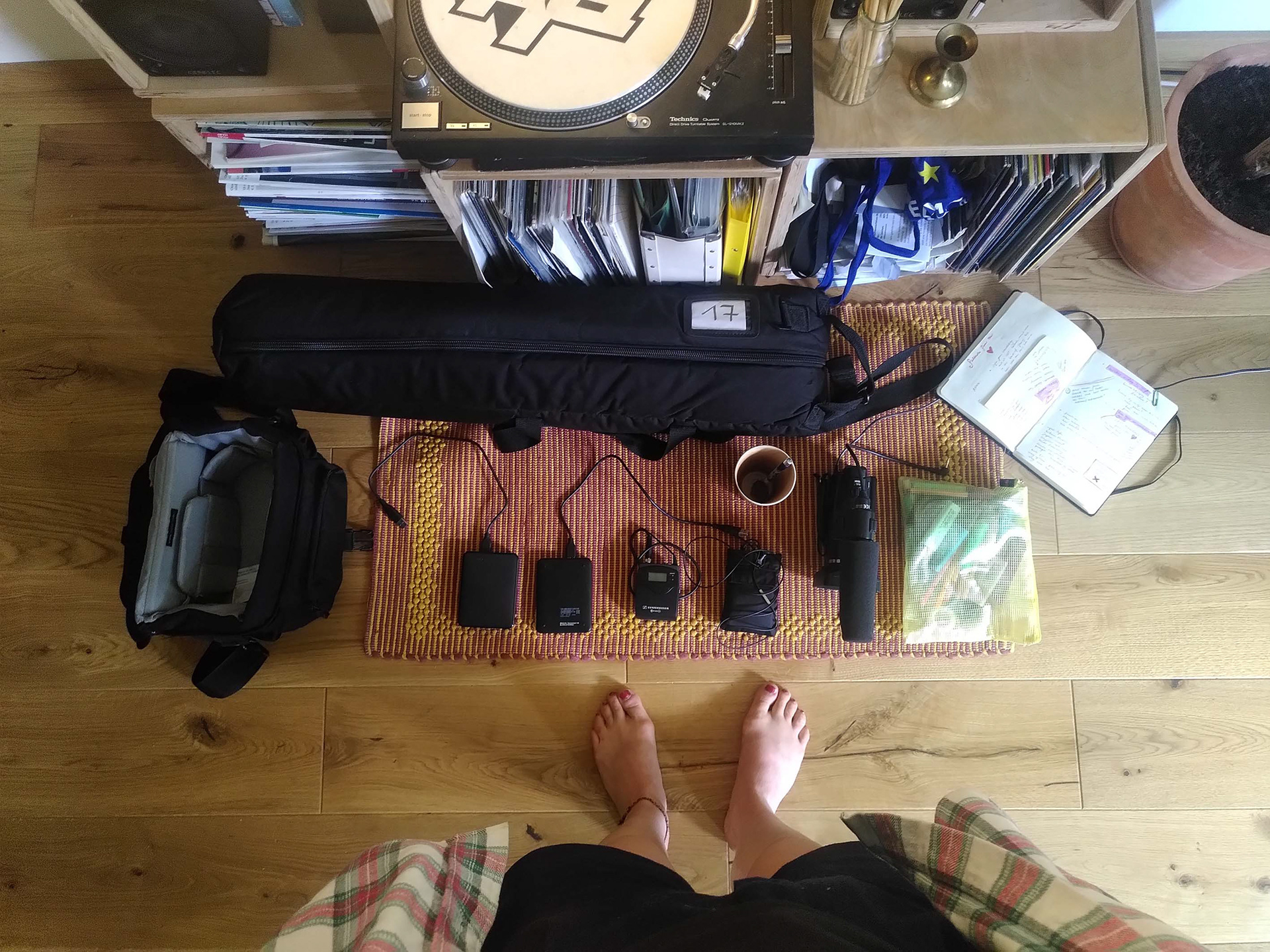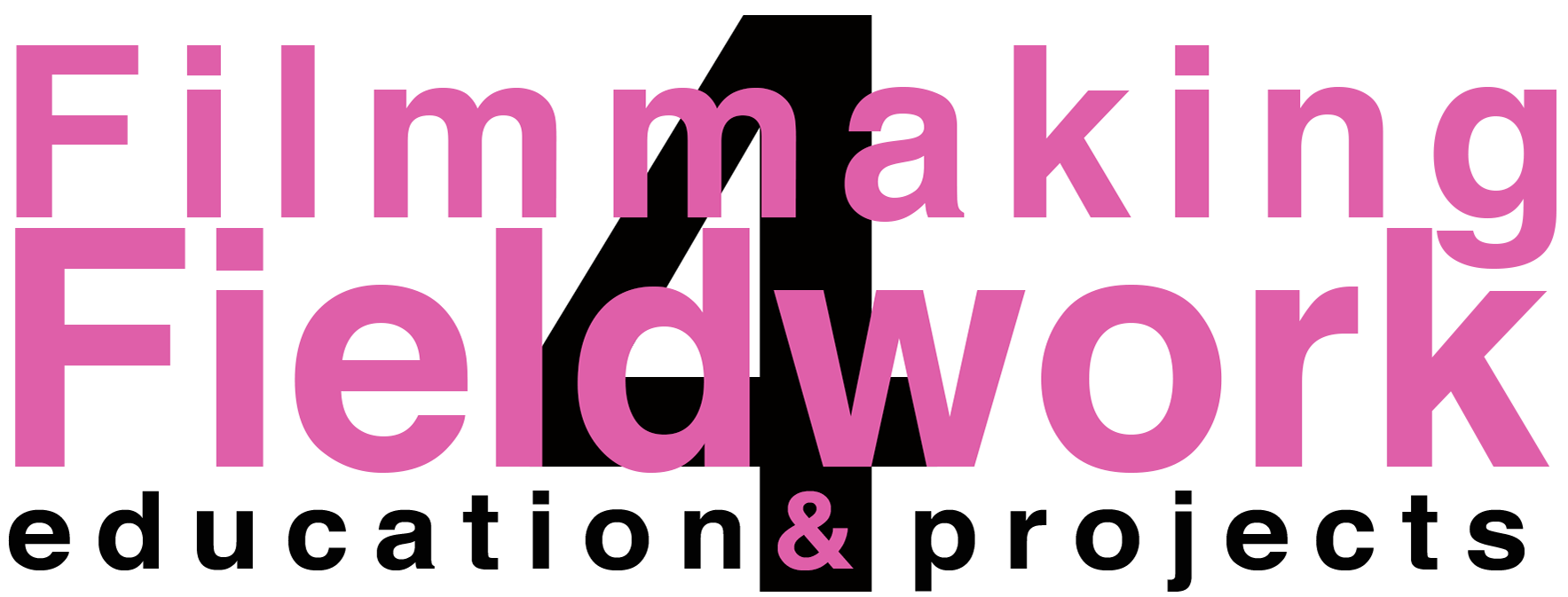F4F Online Summer School
Now accepting bookings June 8 - July 6 2026
what is F4F Online?
Our online Summer School is designed to help people with upcoming documentary filmmaking projects and for those wanting a practical introduction to camera based research. We use dedicated teaching websites, online tools for remote learning, downloadable editing software and we teach you to use the equipment that you will take to the field, including smartphone technology. Along with a significant reduction in the cost compared to our location based courses and a lowering of our contribution to climate change, we discovered that this online format also presented a more manageable way for participants to gain an overview of the project of ethnographic cinema. For those wishing to continue their filmmaking journeys we offer modularised one-to-one Project Support. Our aim is to help develop local hubs of film practitioners that we can continue to support on a one-to-one or group basis in an environmentally sustainable way.
ABOUT THE COURSE
This practically-orientated course includes access to a dedicated website with instructional materials, useful links, practice exercises and micro tasks, Zoom-based class discussions and individual tutorials with tutor feedback to practical work via Discord. Typically courses run for five weeks during June and July and we sometimes schedule a winter course in January and February. The cost is £485/€580/$695 for concessions or £595/€715/$840 for those in paid employment. Further reductions can be considered for those residing in a country with a low GDP - price on application.
This practically-orientated course includes access to a dedicated website with instructional materials, useful links, practice exercises and micro tasks, Zoom-based class discussions and individual tutorials with tutor feedback to practical work via Discord. Typically courses run for five weeks during June and July and we sometimes schedule a winter course in January and February. The cost is £485/€580/$695 for concessions or £595/€715/$840 for those in paid employment. Further reductions can be considered for those residing in a country with a low GDP - price on application.
"This course made me excited about filmmaking again and you guys made me believe that I can do it. I can't wait to get a camera and start filming!" Mari Korpela
WHO CAN APPLY?
This course is open to all applicants with an interest in using filmmaking for academic research or documentary film production. No previous filmmaking experience is necessary. In the past the course has attracted postdoctoral and senior researchers, undergraduates and people from diverse fields such as anthropology, ethnomusicology, midwifery, archaeology, history, environmental and human rights activism, broadcast television, NGOs, migration studies, business, international relations, sociology and political science.
WHAT IS INCLUDED?
Teaching includes practical and theoretical instruction in camera, sound, editing, ethics and approach for research and documentary filmmaking. Class-based interactive discussion, special film screening events with Q&A and group tutorial sessions are spread across five weeks, with recorded synchronous sessions running between 14:00 - 17:30 (CEST) each Monday, to accommodate participants from various time zones. Our dedicated F4F Summer School website contains course materials, films, background reading and instructional texts for each of the 10 Learning Units. We use Zoom for short flash-lectures and class-based interactive discussions and filmmaker Q&As. We have designed 12 Micro Tasks, aimed at embedding technical aspects of the course and 4 Practical Filmmaking Exercises, that mimic common fieldwork scenarios, to help consolidate your understanding of the learning units. Participants share the results of this work on Discord, where our tutors offer critique and comment, culminating in a one-to-one tutorial session, to help you apply what you have learnt in your own research and filmmaking. Each participant who has attended the main sessions receives a certificate of participation and is welcomed as an F4F alumni.
Also included is an online accessible digital eBook of Filmmaking for fieldwork: A practical handbook (see below) - essential reading for this course.
COURSE REQUIREMENTS
Participants should ensure they have access to suitable hardware and an internet connection required to run Zoom software and access our training website. The practical filmmaking exercises are optional but recommended, as is the amount of web-based learning you undertake. Sessions are recorded for those wishing to engage with the course asynchronously. Students do not need their own camera, sound and editing facilities - a smartphone will suffice but even this is not essential if you prefer to learn vicariously. Various editing Apps are available for free or paid download.
Once participants have completed our booking form and paid the course fee, we send a private link to a preliminary Zoom meeting scheduled one week prior to the main teaching. During this meeting we introduce our teachers, give password access to the website, digital handbook and information about the course integration and pedagogy. Participants will also have the opportunity to test their internet connection and practice with the Zoom software.
We offer continued support after the course has ended in terms of guided practice, project assistance and editing workshops, on an individual or group basis and subject to an additional fee - see F4F Project Support
"I definitely feel inspired to make films with the limited equipment that I currently have." Aisling Marks (Online Essentials 2020)
This course is supported by Filmmaking for fieldwork: a practical handbook (2020) published by Manchester University Press and available in print and digital at all good booksellers. We recommend that anybody interested in our courses first consult this book. If you sign up to our Online Essentials course you will receive a free online digital E-copy.
"It opened a new window in my mind." Yusuf Avci
Describe in a single frame your online-offline experience during the Covid lockdowns

